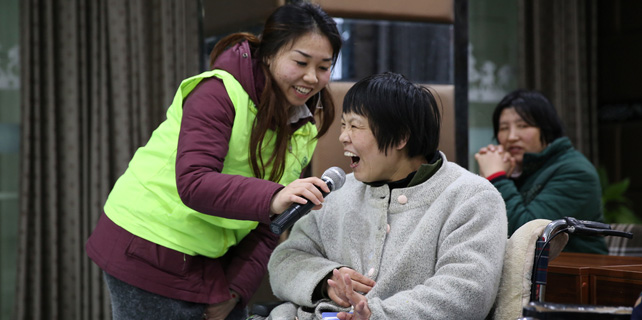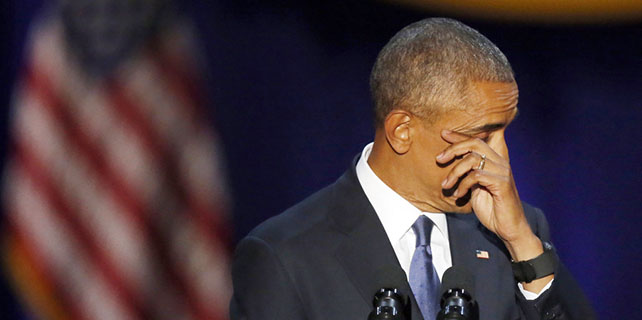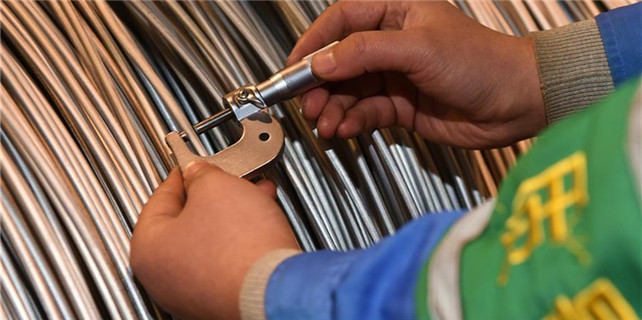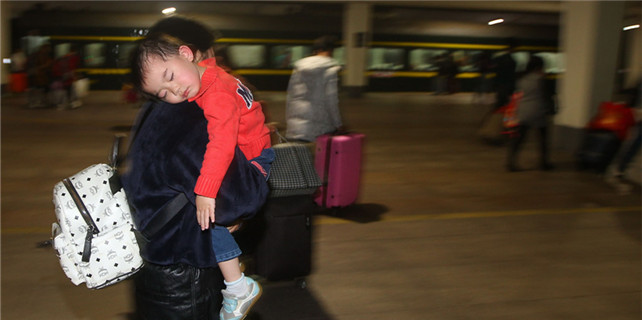Pre-Davos report has gloomy tone
Political uncertainty in 2017, marked by a backlash against the status quo, will complicate efforts to tackle the challenges of global warming, cyberwarfare and rapid technological change, the World Economic Forum warned.
|
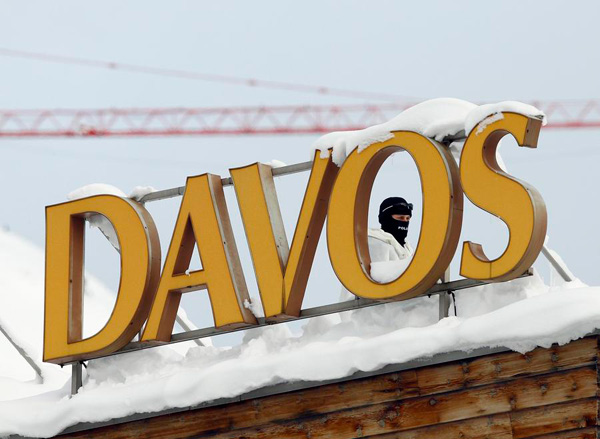 |
|
A Swiss special police officer observes the surrounding area from atop the roof of the Davos Congress Hotel ahead of the Annual Meeting 2016 of the World Economic Forum (WEF) in Davos, Switzerland January 19, 2016. [Photo\Agencies] |
Following Britain's vote to leave the European Union and the election of the politically untested Donald Trump as the next US president, there is "evidence of a growing backlash against elements of the domestic and international status quo," the WEF said in its annual Global Risks Report, which was presented in London on Wednesday ahead of the organization's Davos forum. The report's findings are based, in part, on the perceptions of around 700 international experts from business, academia, civil society and government. They rated extreme weather events and large-scale forced migration as the most likely risks the world might face in 2017, with terrorist and cyber attacks also figuring in the top 10.
The WEF titled a news conference to present its report as "Under-Employed, Under-Inclusive and Under Threat: the World in 2017", which gave a succinct flavor of its findings.
Cecilia Reyes, chief risk officer of Zurich Insurance Group, a contributor to the report, said 2016 had been a year of momentous political change.
"It is a world where change is happening at an unprecedented scope and speed," she said.
The report's authors acknowledged a widespread anti-establishment trend that blames globalization for rising inequality and the loss of jobs. But they suggested that managing rapid technological change was a bigger challenge to labor markets, noting that 86 percent-almost nine in 10-of jobs lost in the US was the result of technological innovation, rather than trade competition.
The risks report will provide a basis for discussion at the around 400 sessions in Davos, where participants will this year discuss "responsive and responsible leadership".
This year's gathering, from Jan 17-20 in the Swiss resort, will be attended by a record 3,000 political, business and media leaders. It will be opened by President Xi Jinping, the first Chinese leader to attend the annual event.
Richard Samans of the WEF's managing board, urged greater public-private cooperation in helping meet global goals, including those on climate change.
"There's not anywhere near enough money in the coffers of developing countries to meet these goals," he said.
John Drzik, president of the Marsh Global Risk and Specialties consultancy, raised the specter of increasing cyber attacks linked to the introduction of artificial intelligence products, including home devices.
The spread of AI in the workplace was also a politically volatile issue, he said, with companies introducing technologies that threaten both blue- and white-collar jobs.
"They must think carefully how to deploy them," he said.
The author is a senior editorial consultant for China Daily UK









